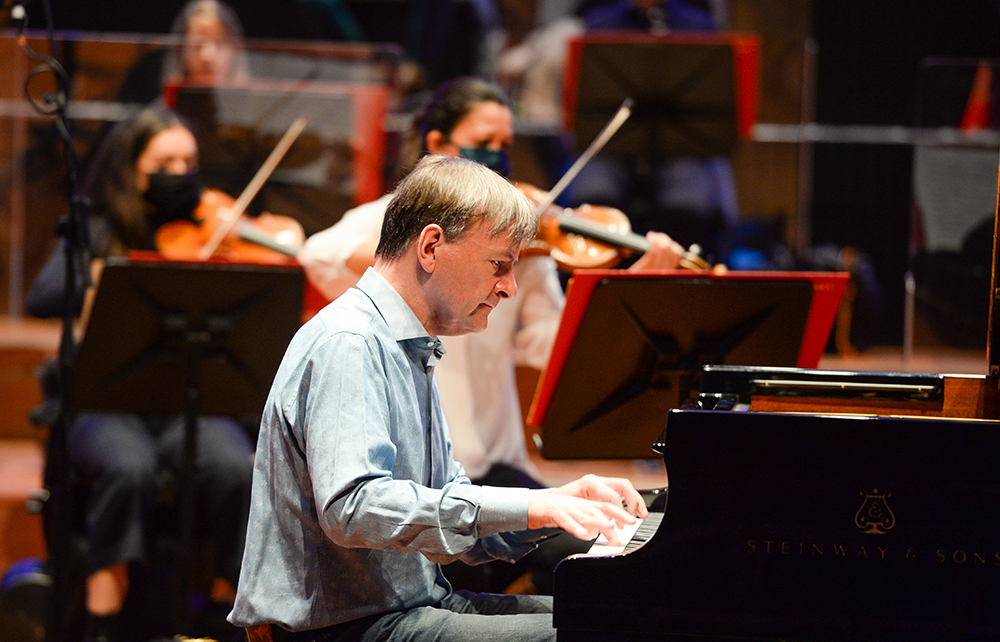At what point did the ponderous autobiography get edged out by the slinky elliptical memoir? Perhaps around the stage we all realised that, as Stephen Hough puts it, ‘a complete autobiography is usually boring or indecent. It’s the person at the dinner table who just won’t stop talking’.
There’s certainly no holding forth (though perhaps just a little indecency) here. Hough, one senses, is more likely to be the man at the table looking on wryly, silent until, pressed, he’ll mention the time he just happened to end up playing the vibraphone ‘with Oscar Peterson’s trio on the telly’ or the two occasions he ‘seriously considered leaving the piano behind and becoming a priest’; or perhaps the moment he was snubbed by Leonard Bernstein (while himself failing to notice Greta Garbo), or the story of ‘Aunt’ Liz, who was in love with his father but sometimes shared a bed with his mother.
Hough is a much-awarded pianist and composer – the first ever classical artist to win a prestigious MacArthur Fellowship (unofficially nicknamed a ‘Genius Grant’). But that’s all but irrelevant to Enough – a slim book about family and food, growing up gay in 1970s England, faith and, yes, music, that persistently wriggles away from spotlights and superlatives, from exceptionalism or grand narrative of any kind.
The subtitle – ‘Scenes from Childhood’ – gives a better sense of the snapshots and vignettes, the scattered collection of moments Hough spreads out for readers to arrange and order as they will. It’s the memoir you’d expect from an instinctive columnist whose publications (Hough was named one of 20 Living Polymaths by the Economist) already include the essay collection Rough Ideas (2019) and articles for everyone from the New York Times to the Guardian.








Comments
Join the debate for just £1 a month
Be part of the conversation with other Spectator readers by getting your first three months for £3.
UNLOCK ACCESS Just £1 a monthAlready a subscriber? Log in